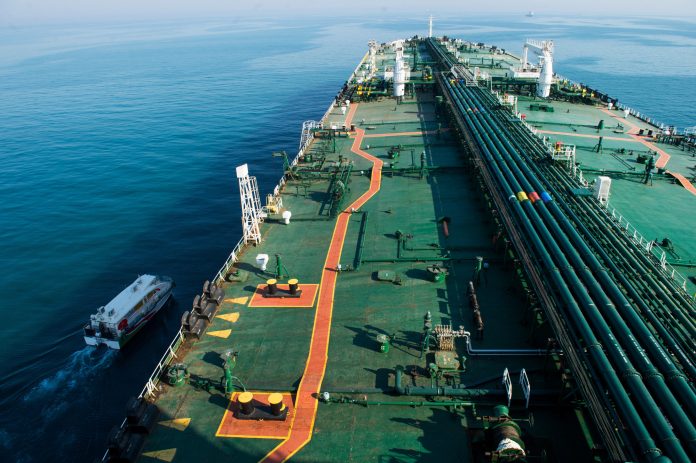Oil prices fell in trading on Monday as market participants lowered risk premiums following the Iranian attack on Israel late Saturday.
Brent crude futures for delivery in June fell 23 cents, or 0.2 per cent, to $90.22 a barrel, while West Texas Intermediate (WTI) crude futures for delivery in May were down 29 cents, or 0.3 per cent, to $85.37 a barrel by 0430 GMT.
The attack, using more than 300 missiles and drones, was the first attack on Israel by another country in three decades, raising fears of a spreading regional conflict affecting oil shipments through the Middle East.
But the attack, which Iran described as retaliation for an airstrike on its embassy in Damascus, did not cause significant damage: the missiles were shot down by Israel’s Iron Dome defence system. Israel, which is at war with Iranian-backed Hamas militants in Gaza, neither confirmed nor denied the strike on the consulate. Warren Patterson, head of commodities strategy at ING, said:
An attack was largely priced in the days leading up to it. Also the limited damage and the fact that there was no loss of life means that maybe Israel’s response will be more measured. But clearly, there is still plenty of uncertainty and it all depends on how Israel now responds.
With Iran currently producing more than 3 million barrels per day (bpd) of crude oil as a major producer within the Organisation of Petroleum Exporting Countries (OPEC), supply risks include stricter oil sanctions and that Israeli retaliation could include an attack on Iran’s energy infrastructure, ING said in a client note on Monday.
However, in the event of a significant supply cut, the US could further allocate crude from its strategic oil reserves, while OPEC has more than 5 million bpd of spare production capacity, it said. ING also claimed in the note:
If prices were to rally significantly on the back of supply losses, one would imagine that the group would look to bring some of this spare capacity back onto the market. OPEC will not want to see prices going too high given the risk of demand destruction.
Oil prices rose on Friday in anticipation of a retaliatory Iranian attack, reaching their highest level since October.
Despite the limited damage, analysts anticipated prices would rise at least briefly this morning, but the larger and longer-term impact of the escalation would require a significant disruption to supplies, such as restricting shipping in the Strait of Hormuz near Iran.
The strike on the Iranian embassy in Syria and Iranian retaliation has led to increased tensions in the Middle East. However, we do not expect an immediate reaction in crude oil prices given the ample spare capacity and the already elevated geopolitical risk premium,” ANZ Research analysts said in a note.
Analysts at Citi Research believe that lingering tensions in the second quarter of this year have largely led to an oil price of $85-90 a barrel. As the market has seen supply and demand balance during the first quarter, any easing of tensions could lead to a sharp drop in prices to the $70 or $80 a barrel level.
